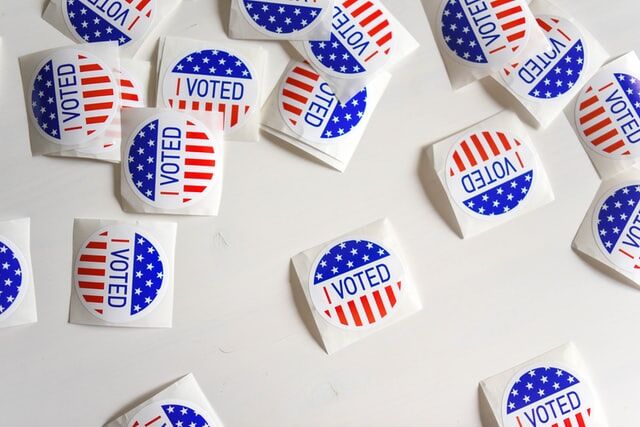Editorial: Voting rights and equality in 2020
Election Day is Nov. 3. The ISD Editorial Board examines the problems with early voting across the country and advocates for equal voting rights.
October 28, 2020
Election Day comes on Nov. 3; so far, more than 69 million people have voted early.
An unprecedented number of people voted early in the competitive states that will determine the results of the election. Unfortunately, this record-breaking turnout came with hourslong waits in line and polling machine breakdowns.
In Georgia, a state with a national reputation for voting issues, some people waited nearly 11 hours in line to cast their ballots on the first day of early voting. The same problems happened in Ohio and Virginia, with New York being the most recent state added to the list of areas with long lines and voting delays.
So, why are so many people voting early?
Multiple answers exist, including:
-
Nearly unmatched voter enthusiasm and engagement
-
COVID-19 restrictions and preparations from states
-
Voting restrictions from states such as Georgia
It’s true both voter enthusiasm and COVID-19 made these problems more pronounced, but they didn’t arise just recently. Voters experience worsening delays every single year.
Why? What’s going on?
A report from the Brennan Center for Justice showed Black voters waited, on average, 45 percent longer than white voters and Latinx voters waited 46 percent longer than white voters. The report also found fewer electoral resources per voter in counties that grew less white and where incomes shrank over the last decade; counties that became more white and more rich had greater electoral resources per voter.
In Georgia, the number of polling places got slashed by nearly 10 percent in the last few years, while the number of registered voters continues to increase. Close to 90 percent of polling sites in Georgia do not adhere to the state law that requires the number of voters who rely on a single precinct to be capped at 2,000.
In the last five years, the average number of voters assigned to a polling place grew substantially in Georgia, Louisiana, Mississippi and South Carolina. Before 2013, all five states needed federal approval to make changes in voting law under the Voting Rights Act due to the history of voter suppression of the states’ Black population.
In 2013, the Supreme Court struck down Section 5 of the Voting Rights Act, which required states and jurisdictions with a history of discrimination and voter suppression against minorities to receive approval before making adjustments to voting procedures.
In her dissenting opinion, the late Justice Ruth Bader Ginsburg wrote “the grand aim of the Act is to secure to all in our polity equal citizen ship stature, a voice in our democracy undiluted by race.”
She goes on to argue that second-generation barriers to minority voting rights — such as racial gerrymandering — emerged as an attempt to replace the original barriers that resulted in the establishment of the act back in 1965.
To be clear: voting inefficiency does not always equal deliberate voter suppression, defined as “any legal or extralegal measure or strategy whose purpose or practical effect is to reduce voting, or registering to vote, by members of a targeted racial group, political party, or religious community.”
With the additional adjustments this election year from COVID-19, every state expected an increase in early voting. The reduction of polling stations in places like Georgia technically takes place across racial and economic lines; however, voter suppression does exist and it does disproportionately impact racial minorities, poor people, students and the elderly.
We can’t ignore the endemic problems in voting Americans experience every year. If the end result is the same, does the intent behind the voting laws really matter?
Not all Americans have equal access to the polls. We need to first accept this as truth before we can fix the problems inherent in our voting system. Some Americans vote in under 30 minutes; others stand in line for hours to cast their ballot.
America is the richest democracy in the world. For people to wait 11 hours to exercise their fundamental right to vote is indefensible. How can we claim to uphold the rights of every citizen if even this most basic of rights is undermined every day?
In 2019, the House passed H.R.4, a bill meant to reinstitute the preclearance division of the Voting Rights Act struck down by the Supreme Court; several senators introduced companion legislation to the bill, called the John Lewis Voting Rights Advancement Act (S. 4263).
Together, these two pieces of legislation will restore the protections of voting rights the Supreme Court gutted, the first step needed to start reforming our voting system.
We need to hold our elected officials accountable on a national, state and local level to ensure equal access to voting.
Lucky for us, Iowa is not Georgia. For the most part, our state does its best to allow everyone to vote. So far, over 800,000 Iowans have cast their ballot.
If you haven’t already, do your research, educate yourself and vote.







